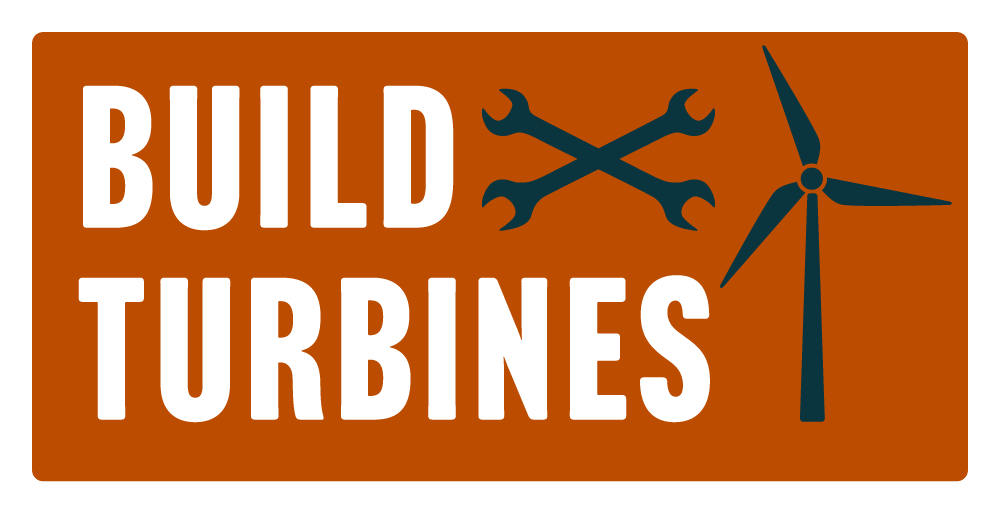At the heart of the growing wind energy industry are Wind Energy Engineers, professionals who design, develop, and improve wind turbines and wind farms. This article delves into the responsibilities, skills, requirements, and salary information for Wind Energy Engineers, offering a comprehensive overview of this dynamic career path.
Job Description
Wind Energy Engineers play a crucial role in the wind power industry, focusing on the design, development, and optimization of wind turbines and wind farms. Their responsibilities include:
- Design and Development: Creating detailed plans and specifications for wind turbines, considering factors like aerodynamics, materials, and structural integrity.
- Site Assessment: Analyzing potential wind farm locations to determine feasibility, including wind speed, land use, and environmental impact.
- Project Management: Overseeing the installation and construction of wind turbines and wind farms, ensuring projects stay on schedule and within budget.
- Performance Optimization: Monitoring and improving the performance and efficiency of existing wind turbines and wind farms through data analysis and engineering solutions.
- Research and Innovation: Conducting research to advance wind energy technology, including developing new materials, turbine designs, and energy storage solutions.
- Regulatory Compliance: Ensuring that all projects comply with local, state, and federal regulations, including environmental and safety standards.
Skills and Requirements
To excel as a Wind Energy Engineer, individuals need a blend of technical expertise, analytical skills, and practical experience. Key skills and requirements include:
- Educational Background: A bachelor’s degree in mechanical, electrical, civil, or environmental engineering is typically required. Advanced degrees (master’s or Ph.D.) can enhance career prospects and open doors to research and leadership roles.
- Technical Skills: Proficiency in computer-aided design (CAD) software, wind simulation tools, and data analysis software is essential.
- Analytical Thinking: Ability to analyze complex data sets, identify trends, and develop solutions to optimize turbine performance and efficiency.
- Problem-Solving: Strong problem-solving skills to address engineering challenges and improve wind energy systems.
- Communication: Excellent communication skills for collaborating with cross-functional teams, presenting findings, and interacting with stakeholders.
- Project Management: Experience in managing large-scale projects, including budgeting, scheduling, and resource allocation.
- Field Experience: Hands-on experience with wind turbine installation, maintenance, and troubleshooting can be advantageous.
Salary Information
Salaries for Wind Energy Engineers can vary based on factors such as education, experience, location, and the specific employer. According to data from the U.S. Bureau of Labor Statistics (BLS) and industry reports, here is an overview of salary expectations:
- Entry-Level: Early-career Wind Energy Engineers can expect to earn between $60,000 and $75,000 per year.
- Mid-Career: With several years of experience, salaries typically range from $75,000 to $100,000 annually.
- Experienced Professionals: Senior engineers and those in leadership positions can earn between $100,000 and $130,000 or more per year.
- Geographic Variation: Salaries can also vary by location, with higher wages often found in regions with significant wind energy infrastructure, such as Texas, California, and the Midwest.
Career Prospects and Advancement
The demand for Wind Energy Engineers is expected to grow as the renewable energy sector expands. Governments and private companies are investing heavily in wind energy projects, creating a robust job market for engineers specializing in this field. Career prospects are promising, with opportunities for advancement into senior engineering roles, project management, and executive positions.
Engineers who demonstrate expertise in cutting-edge technologies, such as offshore wind energy and advanced turbine designs, may find particularly high demand for their skills. Additionally, those with advanced degrees or certifications in renewable energy technologies may have a competitive edge in the job market.
Is a Career As a Wind Energy Engineer Right For You?
A career as a Wind Energy Engineer offers a unique opportunity to contribute to sustainable energy solutions while enjoying a dynamic and rewarding profession. With a strong educational background, technical expertise, and a passion for innovation, engineers in this field can look forward to a bright future in the growing renewable energy industry. As the world continues to prioritize sustainability, the role of Wind Energy Engineers will be more critical than ever in shaping a greener, cleaner future.



